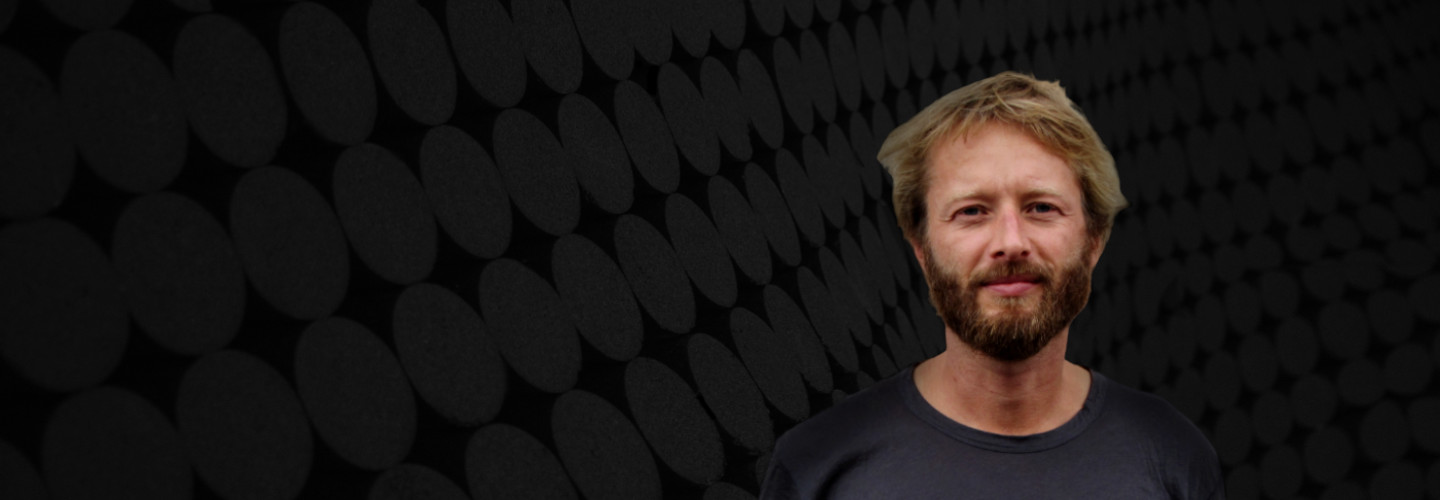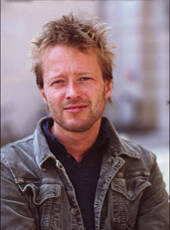

Johannes Maria Staud
Contrebande (On Comparative Meteorology II)
Short instrumentation: 4 3 3 3 - 4 3 3 1 - perc(5), hp, cel, pno, basset hn, vln.I(14), vln.II(12), vla(10), vc, cb
Duration: 18'
Dedication: für Pierre Boulez im Andenken an Bruno Schulz
Instrumentation details:
1st flute
2nd flute
piccolo
alto flute (+2ndpicc)
1st oboe
2nd oboe
cor anglais
clarinet in Eb
1st clarinet in Bb
2nd clarinet in Bb (+bass cl(Bb))
basset horn (+bass cl(Bb))
1st bassoon
2nd bassoon
contrabassoon
1st horn in F
2nd horn in F
3rd horn in F
4th horn in F
1st trumpet in C
2nd trumpet in C
3rd trumpet in C
1st trombone (+alto tuba)
2nd trombone
3rd trombone (+bass tpt in C)
tuba (+bass tpt in c)
1st percussion
2nd percussion
3rd percussion
4th percussion
5th percussion
celesta (+1stpno)
piano (+1stpno)
harp
1st-4th violin I(4)
5th-8th violin I(4)
9th-14th violin I(6)
1st-6th violin II(6)
7th-12th violin II(6)
1st-6th viola(6)
7th-10th viola(4)
violoncello
contrabass
Staud - Contrebande (On Comparative Meteorology II) for orchestra
Translation, reprints and more

Johannes Maria Staud
Staud: Contrebande (On Comparative Meteorology II)Orchestration: for orchestra
Type: Studienpartitur
Sample pages
Audio preview
Work introduction
Following On Comparative Meteorology (2008–09; rev. 2010), this work is also the result of a startling discovery: I learned about Bruno Schulz (1892–1942). The only surviving works by this Polish-Jewish visionary are the two short-story collections Cinnamon Shops (Sklepy cynamonowe) and Sanatorium Under the Sign of the Hourglass (Sanatorium pod klepsydra), along with the short story The Comet (Kometa) and a few prose fragments, letters and sketches – but his oeuvre had a meteoric impact on the world of literature, and its significance is only gradually gaining worldwide recognition.
Using fantastically expressionistic and exaggerated memories of his own childhood, Bruno Schulz creates a bizarre world that is a law entirely unto itself, with a hyper-realistic language of incomparable colourfulness. Outside temporal causality, Schulz dissects reality into its individual components and puts them together again in new combinations like a kaleidoscope, fractured by an individual consciousness for which prosaic literalism seems not to exist.
Hypertrophic descriptions of nature and weather and their unique reflections in the inner life of humans; questionable acts of demiurgism and uncharted realms of existence; byways and blind alleys in time – these are his themes, the foundations of his bizarre world, which is made up of the little narrator Józef, his enigmatic father Jakub, the lascivious servant Adela and a series of other peculiar figures. The heat of an August day, the violence of a stormy night (in the company of an unhinged and fulminating aunt), the fertility of the arrival of spring (and its interpretation with the help of a stamp album)... I do not exaggerate when I say that I have seen all these things with new eyes and experienced them with new senses since I started reading Bruno Schulz.
This work is dedicated to Pierre Boulez and inspired by my wonderful, long-standing partnership with Ensemble Modern. It represents my attempt to trace the mysterious world of Bruno Schulz in a musical way, without duplicating or illustrating it. The title is taken from the short stories The Age of Genius, in which the narrator Józef explores his creativity and illegal byways of time, and A Second Autumn, in which his father conducts the most peculiar studies of the parasitically rampant autumn wildlife and the specific climate in his area.
Contrebande (On Comparative Meteorology II) is made up of six and a half variously short pieces, which follow each other without pause and which are set off by short fragments of text by Schulz. This work is also the second part of an orchestral diptych, which began with On Comparative Meteorology. The first part of the diptych received its world première in 2009 with the Cleveland Orchestra under Franz Welser-Möst before premièring in a revised version with the Orchestre Philharmonique de Radio France under Pascal Rophé in 2010.
Johannes Maria Staud
